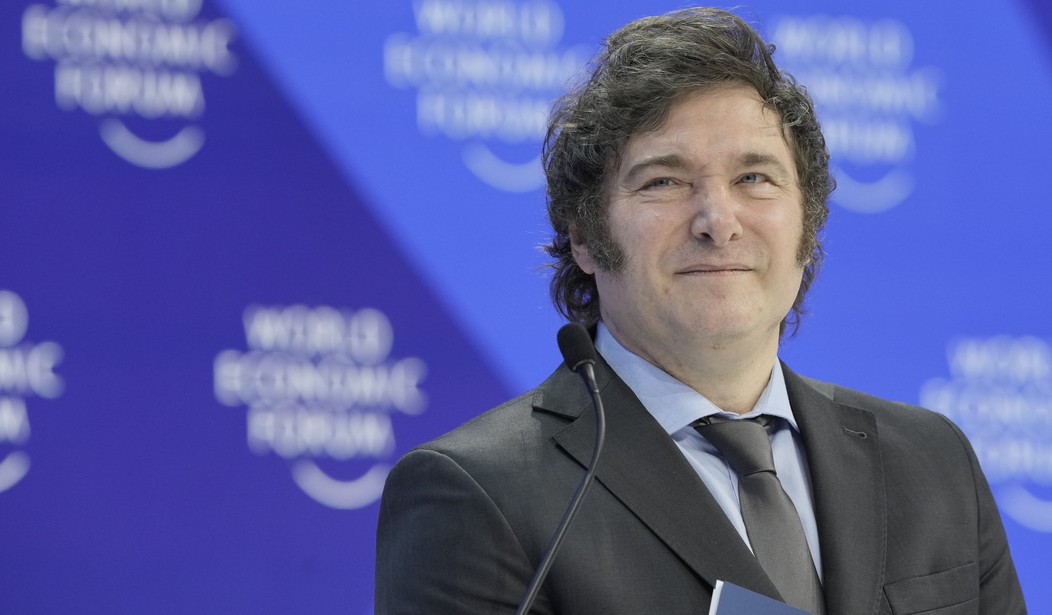Young people are loving communism. According to a recent Cato Institute survey, over one-third of individuals under 29 have a favorable view of communism, compared to just seven percent of 55- to 64-year-olds and two percent of people 65 and older.
We are seeing this broader trend show up at the ballot box with the Mamdani campaign winning its primary for New York City’s mayor. (It’s worth noting that Mamdani led Cuomo among middle- and higher-income voters, but Cuomo did substantially better among lower-income voters).
There are a few reasons for this difference in opinion. For starters, younger people were not alive during the rise and fall of the largest communist trial run in recent history: The Soviet Union. (I say this as someone who falls under this “younger than 30” category, and was also not alive during the Soviet Union). Not seeing the devastation when communism was tried allows one to separate the theory behind communistic or socialistic ideas and their reality.
Younger generations are seeing some of the struggles of life today, but blaming capitalism for it. As Julia Cartwright of Kalamazoo College points out, in New York, voters are more likely voting against the status quo and not necessarily for socialist ideas. Archbridge Institute’s American Dream Snapshot shows that young people are seeing the American Dream as out of reach, with nearly four in 10 individuals under 30 years old finding the dream to be out of reach, compared to just 30 percent among 45- to 59-year-olds. They see high costs of living and blame greedy landlords rather than land use regulation; the system can be rigged against people my age, but it’s not “free markets” that are rigging it.
Argentine President Javier Milei is a prime example of what can be possible when you allow individuals to engage in market activity. Even Noah Smith, who few would confuse to be a radical free-market apologist, wrote a compelling summary about Milei’s successes. Milei’s success is indeed fast and sudden, even quicker than many free-market advocates expected. Guatemala’s Universidad Francisco Marroquin is collecting data from Argentina during Milei’s tenure and reveals an impressive trend: Monthly inflation is now just 1.5 percent, compared to when his tenure started (25.5 percent).
Recommended
While Americans would balk and revolt at such high inflation numbers, this is a miracle in Argentina. Poverty rates have also fallen during Milei’s tenure, and the country’s bond market has recovered.
Many in New York at least tangentially think that rent controls are useful, as evidenced by Mamdani’s success in making rent control one of his key campaign promises. However, Milei is showing another, more prosperous path: Removing rent control and allowing the housing sector to soar. In Argentina, activity in the construction sector has skyrocketed and rents have decreased, despite the cap on rents being removed. This is mostly due to the rental housing supply increasing because of new construction.
However, it’s not just pro-socialist young individuals who might find Milei’s success surprising and counter intuitive. Even prominent economists, like Thomas Piketty and Gabriel Zucman, (along with 106 other economists worldwide) signed an open letter warning about the dangers of Milei’s presidency. The letter warned that the “the laissez-faire model assumes that markets work perfectly if the government does not intervene.” This would be a somewhat reasonable statement if not for the simple fact that Argentina’s problems in recent decades came from too much intervention and government failure.
Almost hilariously, the letter also claims that “Argentines are too familiar with the pain of laissez-faire economics.” Based on this sentence, you would assume that Argentina has long been a bastion of economic freedom. Nothing could be further from the truth: According to the Economic Freedom of the World index, Argentina has been in the bottom two quartiles of countries in its “laissez-faire economic polices” since 2005, ranking 130th or lower every year since 2010.
Many economists predicted catastrophe in Argentina, and yet Milei has succeeded. Many young people in the U.S. are frustrated with the system, and some of it justifiably. But Milei is showing the world yet another example of the prosperity that can come from free markets and removing overly burdensome government overreach.
Communism and socialism are not (and have never been) the answer. Let us hope that we don’t need to see these policies come to light in America before we re-learn that lesson.
Editor’s Note: The Democrat Party has never been less popular as voters reject its globalist agenda.
Help us continue exposing Democrats' plans to lead America down a dangerous path. Join Townhall VIP and use promo code FIGHT to get 60% off your membership.
























Join the conversation as a VIP Member